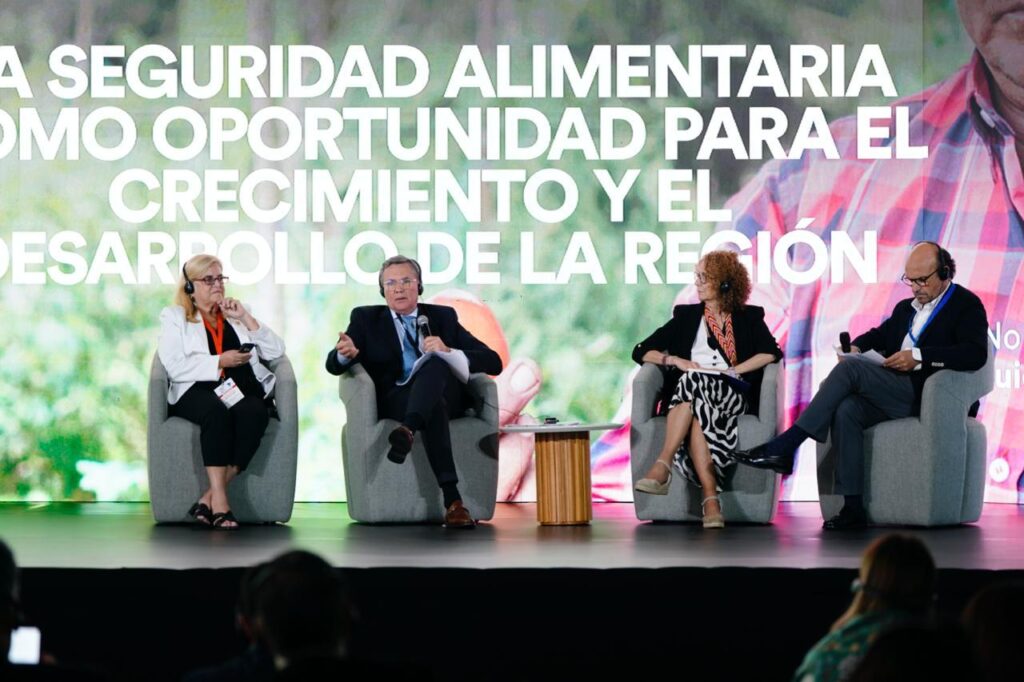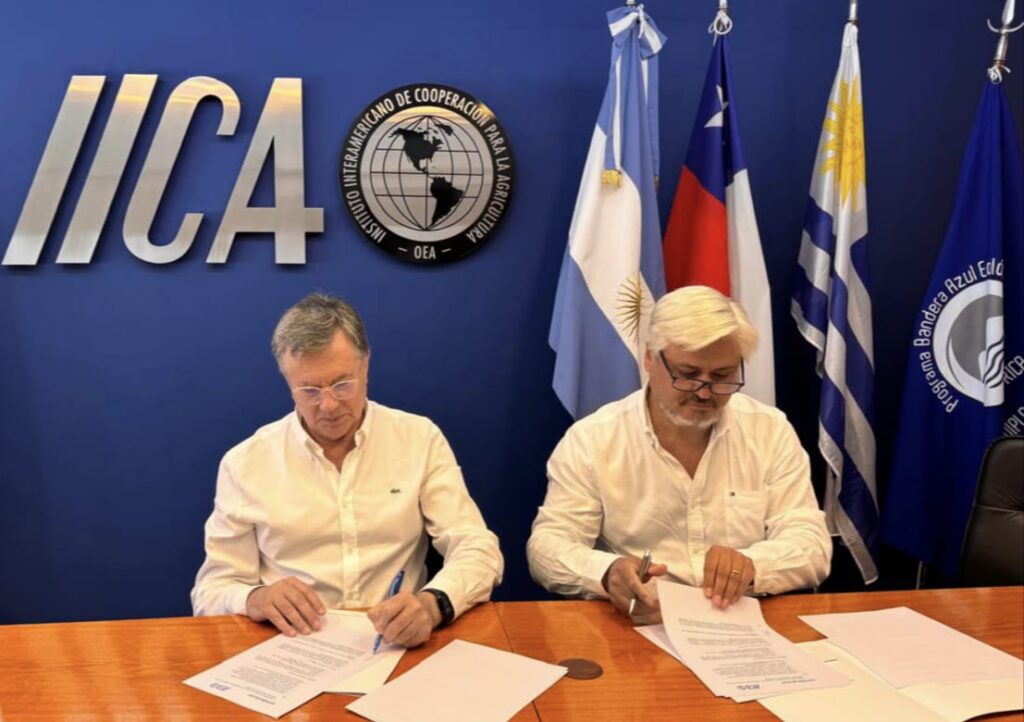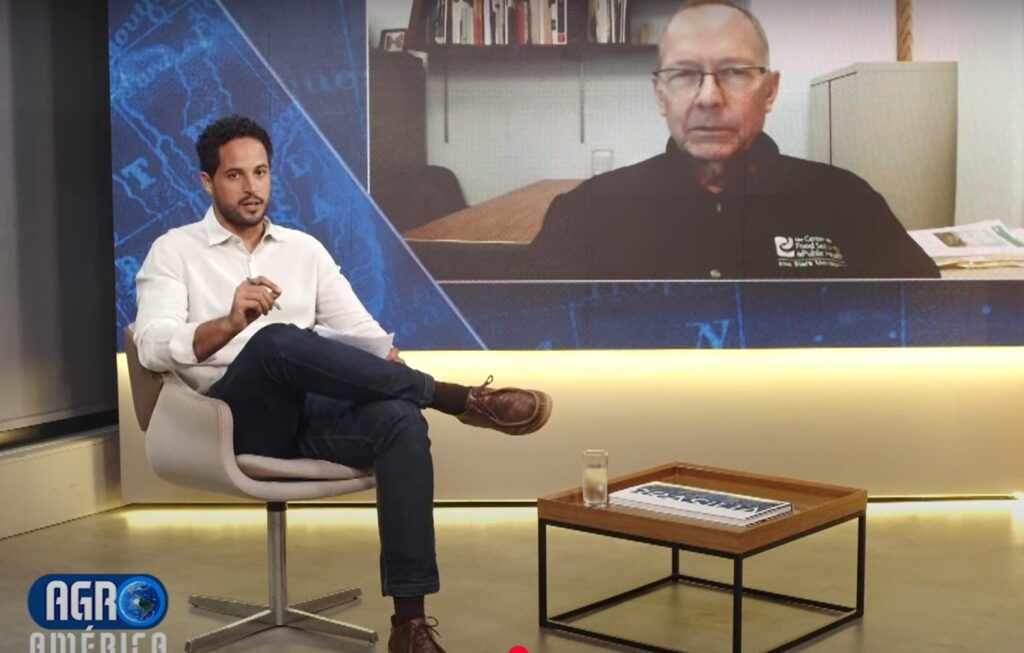Gender gaps undermine the performance of the agricultural sector. Empowering rural women is vital to eradicate hunger and poverty, an OAS expert on the subject argues.
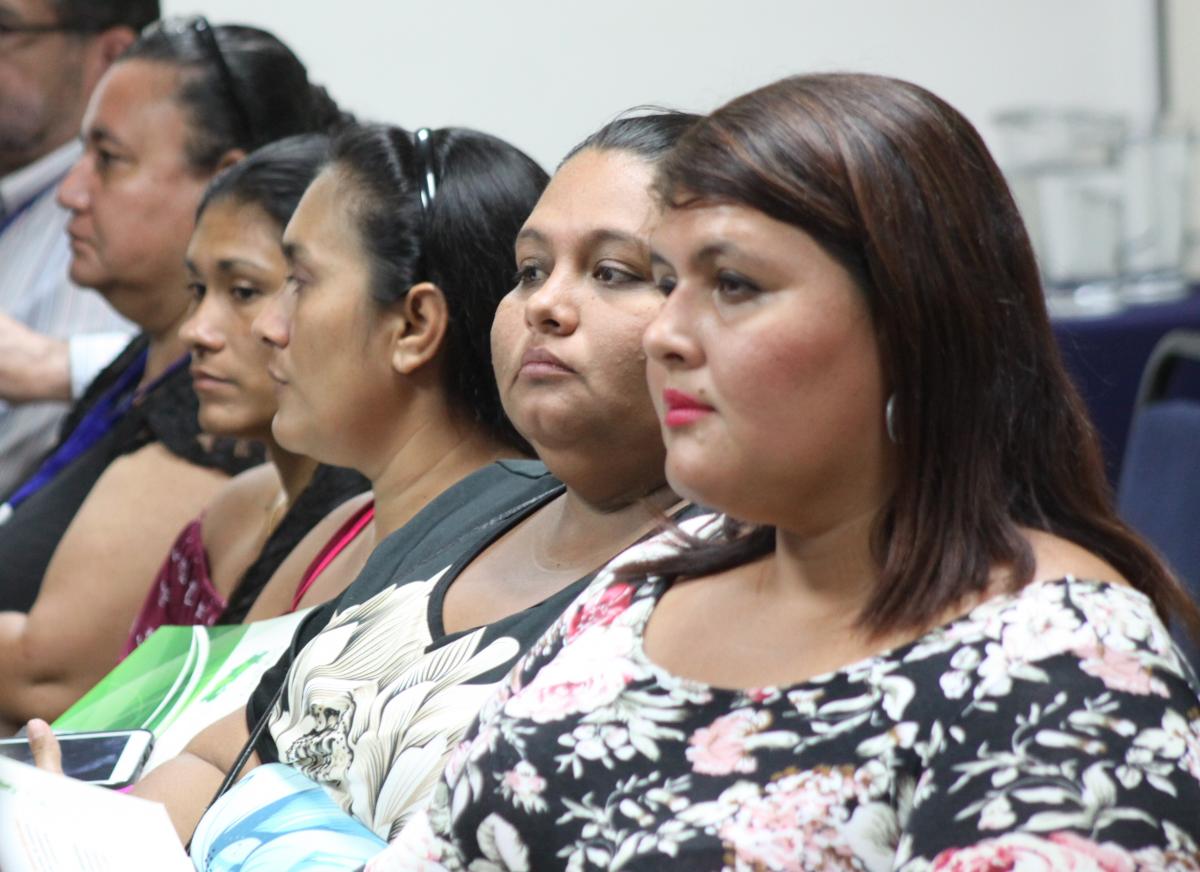
San Jose, 2 November 2016 (IICA). Creating better conditions for rural women and implementing all the international agreements dealing with gender equity: these are the big tasks yet to be completed in Latin America and the Caribbean (LAC).
This point was emphasized by the Executive Secretary of the Inter-American Commission of Women (CIM) of the Organization of American States (OAS), Carmen Moreno Toscano, during the International Seminar “Rural women: a key pillar in the development and sustainability of family farming.”
Hosted by the Inter-American Institute for Cooperation on Agriculture (IICA) at its Headquarters, the event will continue through Friday. In her presentation, Moreno described the role of rural women in the development of LAC.
“Major progress has been made in this area since the adoption of various agreements 20 years ago, but the harmonization of national legislation with the international legal framework remains incomplete, and constitutional guarantees of equality are still not reflected in the everyday lives of millions of women in the region,” the specialist observed.
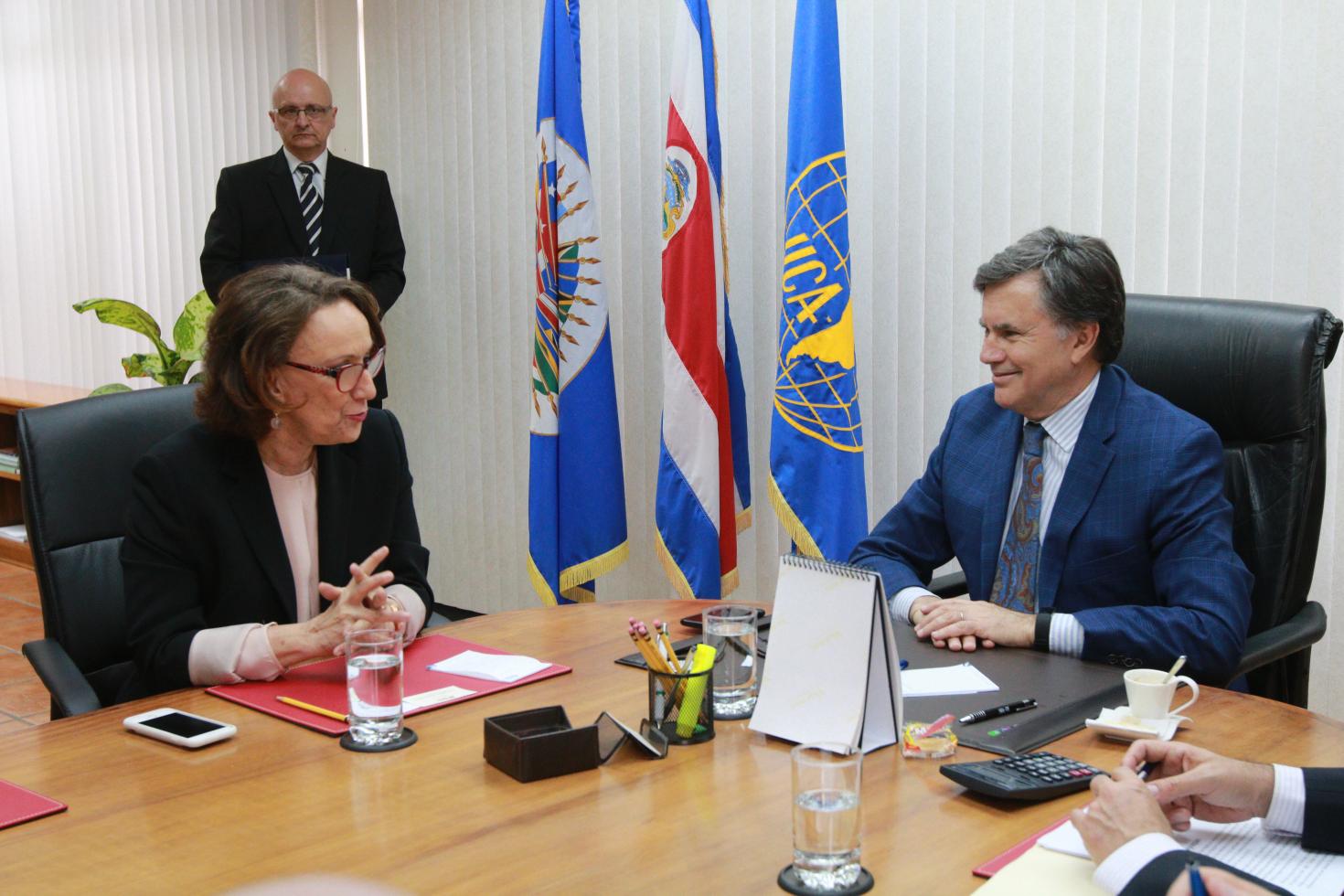
The Executive Secretary of the CIM also pointed out that, despite accounting for around 50% of the workforce involved in food production across the world, being key collaborators in the global economy, and playing a key role in the progress made with environmental and social issues, women continue to face a series of challenges that hold them back.
Limited access to land and credit that would give them productive resources or loans to finance their undertakings, not to mention health services, education and housing, are just some of the challenges faced by rural women in most LAC countries.
“Such gender gaps undermine the performance of the agricultural sector, food and nutrition security, economic growth, and development in general. Empowering rural women is vital to eradicate hunger and poverty; emphasis needs to be placed on crafting policies for the empowerment of rural women as a key element in the construction of an inclusive, sustainable society in the region,” Moreno added.
Institutional gender perspective
IICA took advantage of the seminar to formalize its gender policy, recognizing that it is imperative to promote the full exercise of people’s rights and institutionalize the gender equity and equality perspective and approach in internal management and in the technical cooperation that the organization provides to its 34 member countries.
“This issue is not new to IICA, throughout our history we have implemented actions to promote the role of women in agriculture and rural development, and gender equality and equity to achieve more sustainable and equitable agriculture,” emphasized the Institute’s Director General, Víctor M. Villalobos.
The policy was developed by a multidisciplinary team that worked together to produce a document that presents and systematizes the Institute’s efforts with regard to the gender perspective.
More information: breno.tiburcio@iica.int– graciela.quesada@iica.int
Related article: Gender equity: engine for the development of family farming
Audio spanish only
